Hang the Senate: let the people decide
However much he has foolishly encouraged it, the Prime Minister cannot tolerate Liberal backbenchers circumventing their key election policy, that same-sex marriage be referred to a people’s vote. This should be done by a referendum which can be put directly to the people, overriding obstruction by anti-democratic senators. I explain this below.
The backbenchers had been aided and abetted by Turnbull’s lavishly rewarded backstabbing ally, Minister Pyne, who recently revealed what they were up to when he boasted that SSM might be delivered ‘sooner than everyone thinks’. When the backbenchers indicated they would join Labor and the Greens to force a ‘conscience’ vote in the House, Turnbull openly encouraged them by repeating the tired mantra that Liberals may cross the floor.
If they do, and the government is defeated even on a procedural vote, Turnbull will be forced to abandon his backbenchers. To retain any credibility, he will have to admit, as his predecessors have in similar circumstances, that he has lost the confidence of the House. He will have two alternatives: resign or advise an election. Turnbull encouraged this mess; which is why he panicked and called an emergency party meeting to push for a postal plebiscite.
The reason why many Americans chose Donald Trump was his promise to respect the fundamental rule of democratic constitutional interpretation cogently argued by one of the greatest constitutional lawyers, the late Antonin Scalia. This is that the Constitution means what reasonable people intended it to mean when it was adopted or changed. The alternatives, dressed up in lawyers’ gobbledegook, are little more than the rule enunciated by the late Humpty Dumpty: ‘When I use a word, it means just what I choose it to mean — neither more nor less.’
So when the people gave Parliament a power to legislate on marriage, they intended this to mean, as the High Court admitted in 2013, marriage between one man and one woman. This they confirmed by bipartisan and essentially declaratory legislation.
So SSM must be referred to the people for decision. A plebiscite, including the postal version, is a distinctly inferior way of doing this, one preferred by dictators like Napoleon, tricksters like the Québecois secessionists and Bill Shorten when he proposed to pull a fast one on some unknown form of Politicians’ Republic. That is why our founding fathers chose the superior and directly democratic Swiss-style referendum which is voluntary, held every quarter and where today most votes are postal.
While a plebiscite is better than no involvement by the people, the referendum remains a vastly superior way of involving the people. True, the bill is likely to be rejected by the Senate. The government need then only wait three months to put it again and if it is rejected, advise the Governor-General to put it direct to the people. The amendment could be ‘marriage, not as understood when the people approved this Constitution, but as defined from time to time by the Parliament in its absolute discretion’.
One man and one woman is clearly the constitutional intention, despite some gratuitous and unnecessary advice by the High Court in 2013 that the meaning of marriage at the time of Federation is no longer relevant and can be changed to anything by the politicians. The default position should always be that if there is any doubt, the question must be decided by the people who, after all, established the Commonwealth, are sovereign as the masters and are not the servants of the political elites. Moreover, a referendum, unlike a plebiscite, requires all of the details to be on the table before the people vote, not sprung on them later as nasty surprises. The people are especially entitled to know the impact SSM will have on their freedoms including their freedom of speech. And unlike a plebiscite, the referendum recognises that Australia is more than just the Sydney-Canberra-Melbourne triangle and that Queenslanders, South Australians, Tasmanians and Western Australians should also be heard.
It’s fair to say that because the commentariat have only allowed them to hear one side, most Australians think that SSM is a low order ‘boutique’ issue. As a result, they are not aware the destruction of the traditional family has always been on the Marxist agenda, with today’s omnipresent neo-Marxists admitting that SSM is an important step in achieving that goal.
Then we have the entirely faux argument, endorsed now by Bill Shorten, although he was recently in favour of a plebiscite, that the debate will have a deleterious effect on the mental health of some imagined community defined by an ever-expanding list of initials always beginning with ‘L’. In fact, Australians have long demonstrated they can handle debate better than most people. Ours, after all, was the most peacefully-formed federation in history. The nation survived the two debates on conscripting young men to fight and possibly die in the Great War. In the middle of the Cold War, we survived the debate on outlawing the Communist Party. Australians can easily handle an SSM debate. That this has been adopted by other Western countries merely indicates how their ruling elites with their fashionable dogmas are determined to destroy the very civilisation under which they thrive.
Now it is true that many Australians are embarrassed by an outrage most were never directly involved in. This was the long period of legal and de facto persecution of male homosexuals which involved not only unlawful police entrapment, imprisonment and the covering up of vicious assaults and even murders. Appalling as that was – and vigilante assaults and even murders continue to this day− these outrages are completely unrelated to the SSM question.
The most fatuous justification is that with this off the table, the politicians can get on with more serious matters such as the energy crisis which they created. A better solution might be to discourage the politicians from doing anything; it is hard to think of a problem today which, if it were not created by them, has not been made worse by the politicians.
Under our Constitution the people are sovereign. So let them – and not the politicians – decide this question.
Got something to add? Join the discussion and comment below.
Get 10 issues for just $10
Subscribe to The Spectator Australia today for the next 10 magazine issues, plus full online access, for just $10.
You might disagree with half of it, but you’ll enjoy reading all of it. Try your first month for free, then just $2 a week for the remainder of your first year.

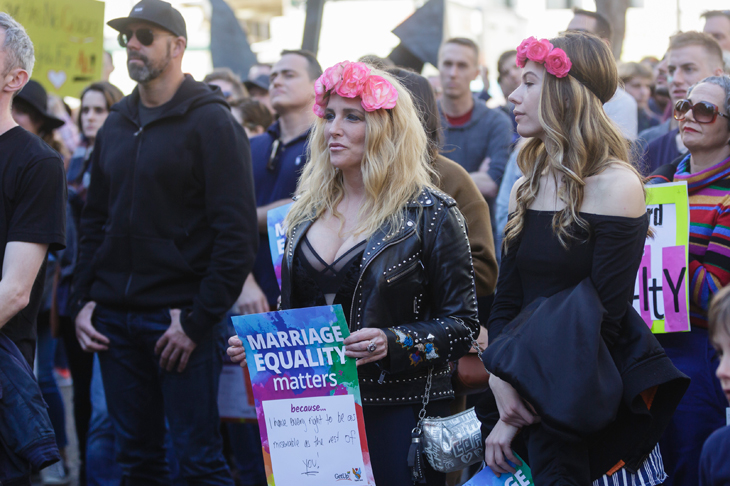


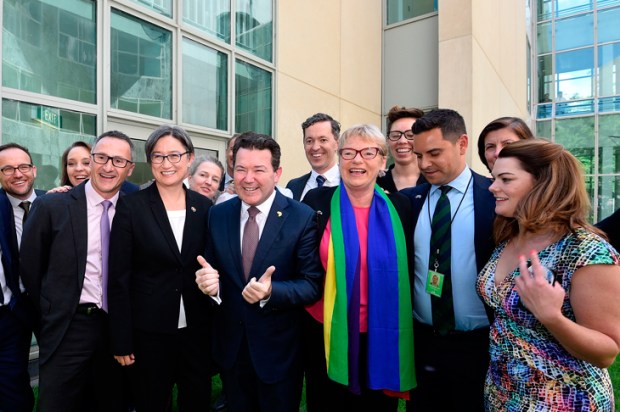
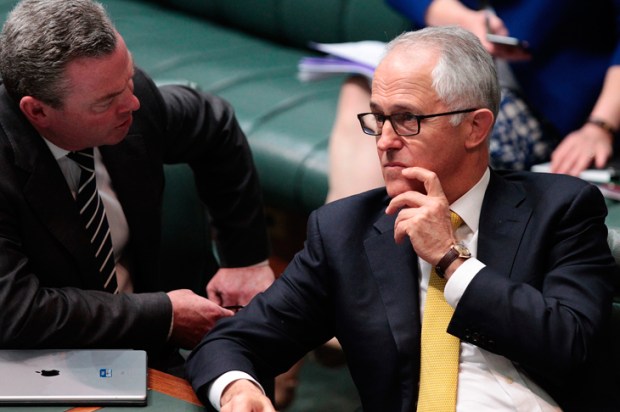
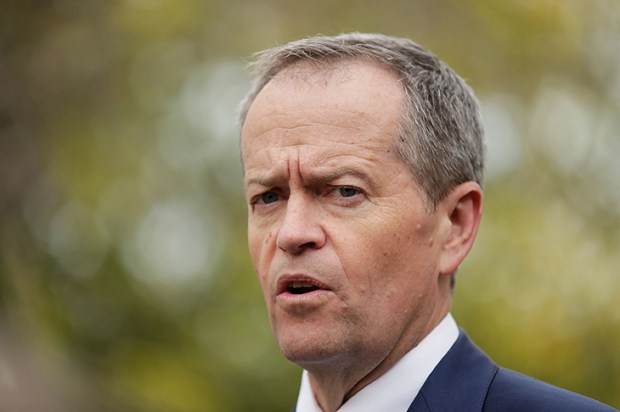
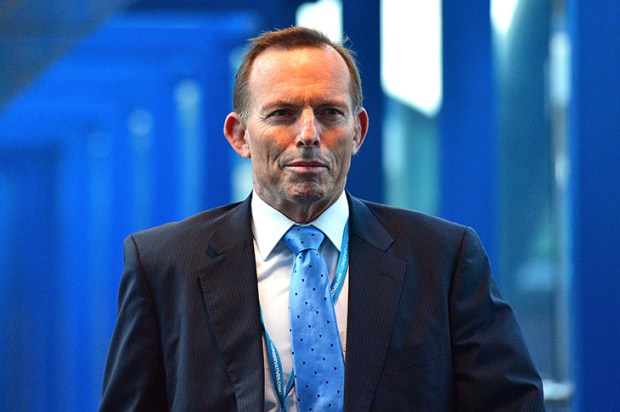






Comments
Don't miss out
Join the conversation with other Spectator Australia readers. Subscribe to leave a comment.
SUBSCRIBEAlready a subscriber? Log in